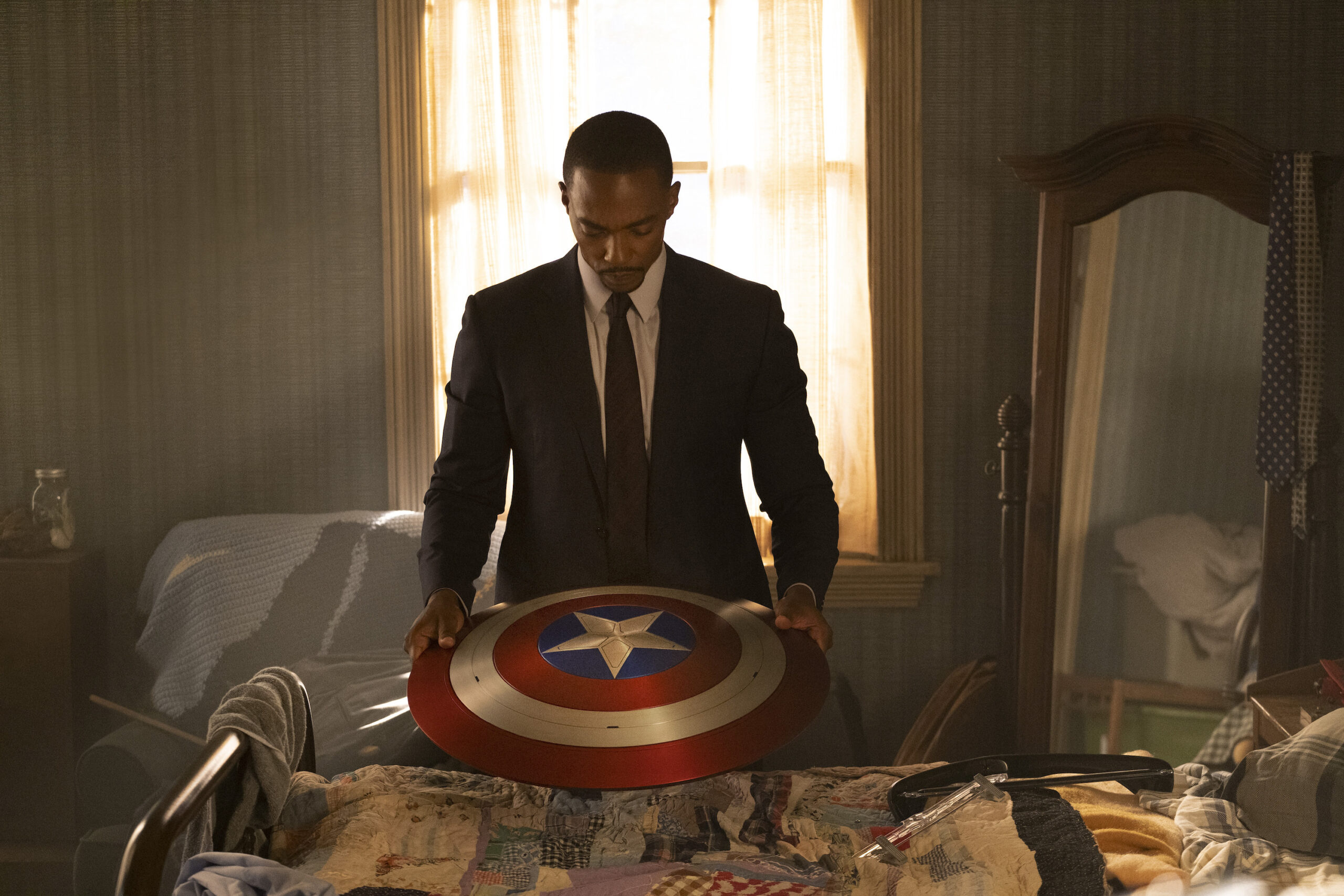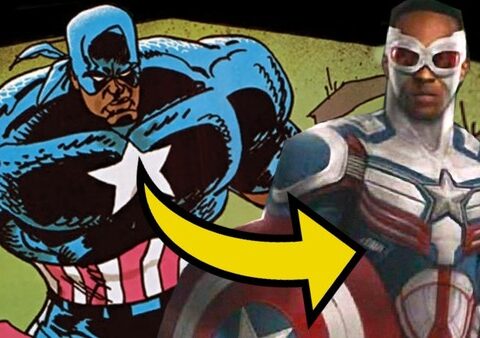While more conventional than “WandaVision,” Marvel’s “The Falcon and the Winter Soldier” explored a bracingly provocative theme over its six-episode run — namely, can a Black man in good conscience take up the mantle of Captain America? That hero’s journey concluded with a slightly scattered finale that didn’t match the terrific buildup, but which did reinforce the show’s admirable ambition.
In essence, the six episodes served as a protracted origin story, picking up where “Avengers: Endgame” left off. Yet Steve Rogers’ parting wish that his friend Sam Wilson (Anthony Mackie) take up his iconic shield — a wish shared by Bucky Barnes (Sebastian Stan), a.k.a. the Winter Soldier — overlooked the decades of struggle that, in different ways, those characters missed after World War II.
Sam’s path to overcoming that reluctance — and accepting his transformation from the Falcon into Captain America — evoked dark chapters in US history, including the government experimenting on African-American men.
“They will never let a Black man be Captain America,” Isaiah Bradley (Carl Lumbly), the surviving victim of that injustice, told Sam in an earlier episode, which made the latter’s appearance in the revised uniform — courtesy of the Wakandans — and hearing him utter the words “I’m Captain America” a particularly stirring moment. As his speech about the need to help refugees and dispense with labels made clear, few screen superheroes have felt more grounded.
The last few episodes were so wildly entertaining, though, that the rest of the finale didn’t quite measure up, wrestling with too many side plots, including the fate of John Walker (Wyatt Russell) after his ill-advised stint as Captain America, and his seduction by the mysterious Val (Julia Louis-Dreyfus). Throw in the revelations about Sharon Carter (Emily VanCamp), and for once Marvel’s famous teases for future projects felt a little more conspicuously like loose ends, begging for a second season.
The show also found time to let Bucky come to grips with his grim history as a ruthless killing machine, but ultimately its greatest asset stemmed from what Marvel identified in Mackie and Stan’s screen time together in “Captain America: Civil War” — the breezy chemistry between them, and how these characters move on without the guy who united them.
“WandaVision” and now “Falcon and the Winter Soldier” took full advantage of the creative latitude that streaming provides, with the freedom to devote six hours to a story and allow such relationships to breathe in a way that movies can’t.
Overall the series deftly accomplished its primary mission, which was to explore the dramatic tension in Wilson becoming Captain America, in a way that went beyond just being told the shield now belonged to him. It also continued to demonstrate Marvel’s ability to mount big, muscular action in productions for Disney+, while showcasing the depth of its universe.
In earlier episodes, though, “The Falcon and the Winter Soldier” occasionally soared. Measured against those highs, the finale didn’t quite stick the landing.


